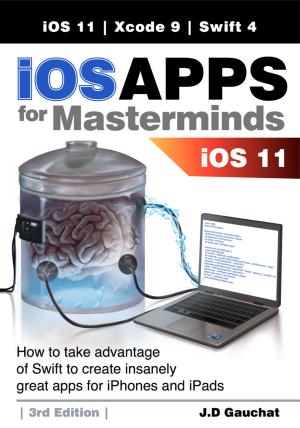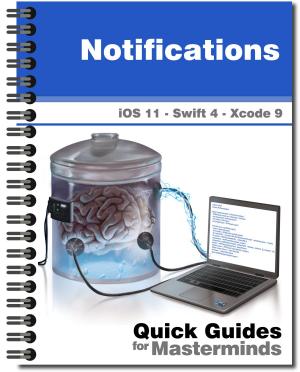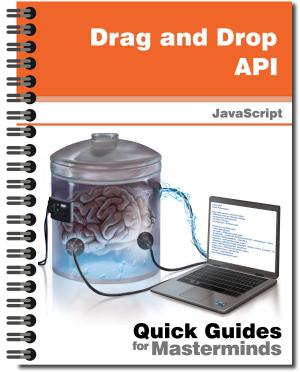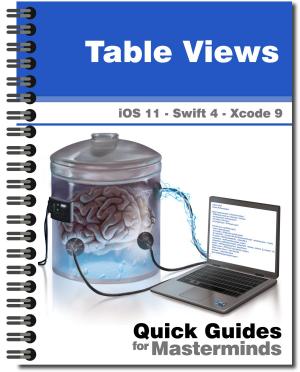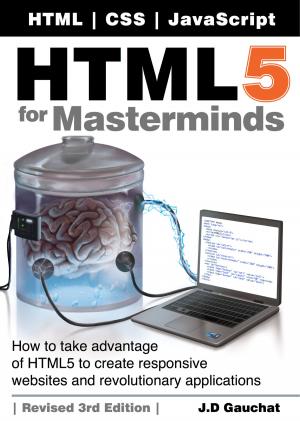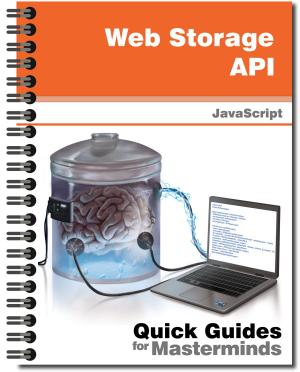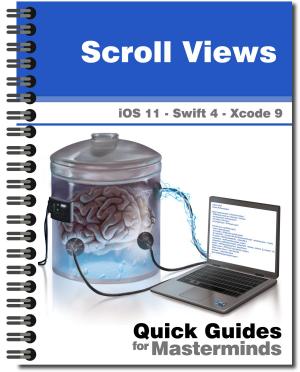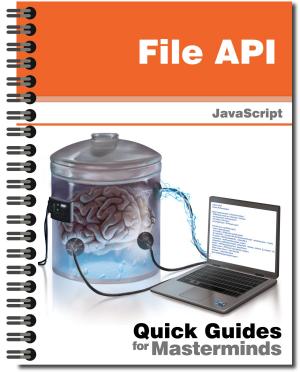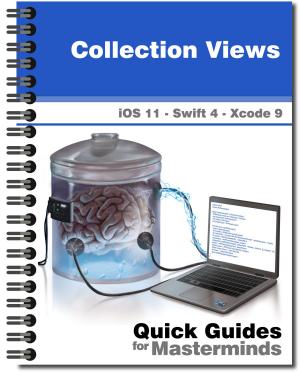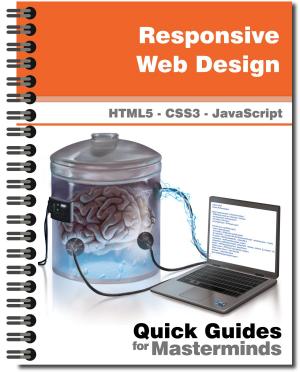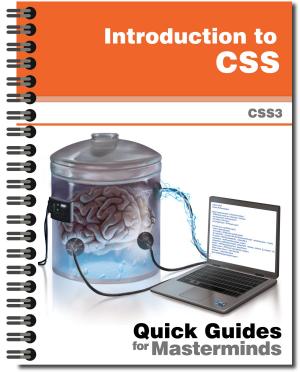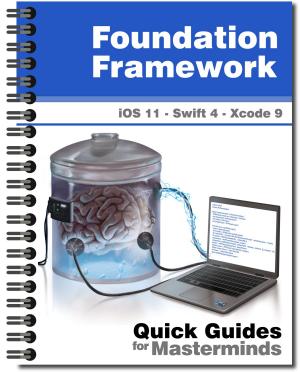iCloud and CloudKit
Lean how to share data between devices in iOS 11 with iCloud and Swift 4
Nonfiction, Computers, Programming, Object Oriented Programming, Software Development| Author: | J.D Gauchat | ISBN: | 1230002192536 |
| Publisher: | MinkBooks | Publication: | March 2, 2018 |
| Imprint: | Language: | English |
| Author: | J.D Gauchat |
| ISBN: | 1230002192536 |
| Publisher: | MinkBooks |
| Publication: | March 2, 2018 |
| Imprint: | |
| Language: | English |
Learn how to use iCloud from your iOS applications. After reading this guide, you will know how to connect to the user's iCloud account, how to store the app's settings on the cloud, how to upload documents, and how to create a database with CloudKit.
Table of Contents
ICLOUD
Data in the Cloud
Enabling iCloud
Testing Devices
Key-Value Storage
iCloud Documents
Multiple Documents
CloudKit
Container
Records
Zones
Query
Operations
CloudKit Dashboard
Implementing CloudKit
References
Assets
Subscriptions
Errors
Deploy to Production
QUICK REFERENCE
NSUbiquitousKeyValueStore
UIDocument
NSMetadataQuery
NSMetadataItem
CKContainer
CKRecord
CKRecordID
CKRecordZone
CKQuery
CKDatabase
CKReference
CKAsset
CKDatabaseSubscription
CKDatabase
UIApplication
CKFetchDatabaseChangesOperation
CKFetchRecordZoneChangesOperation
CKError
Notifications
This guide assumes that you have a basic knowledge of app development, Xcode, and the Swift language. You should also know how to create and display Table Views. If you don't know how to program in Swift, how to work with Table Views, or how to create an application with Xcode, download our guides Introduction to Swift, Table Views and Collection Views, and Interface Builder. For a complete course on app development for iOS, read our book iOS Apps for Masterminds.
This guide is a collection of excerpts from the book iOS Apps for Masterminds. The information included in this guide will help you understand a particular aspect of app development in iOS, but it will not teach you everything you need to know to develop an app for Apple devices. If you need a complete course on app development for iOS, read our book iOS Apps for Masterminds. For more information, visit our website at www.formasterminds.com.
Learn how to use iCloud from your iOS applications. After reading this guide, you will know how to connect to the user's iCloud account, how to store the app's settings on the cloud, how to upload documents, and how to create a database with CloudKit.
Table of Contents
ICLOUD
Data in the Cloud
Enabling iCloud
Testing Devices
Key-Value Storage
iCloud Documents
Multiple Documents
CloudKit
Container
Records
Zones
Query
Operations
CloudKit Dashboard
Implementing CloudKit
References
Assets
Subscriptions
Errors
Deploy to Production
QUICK REFERENCE
NSUbiquitousKeyValueStore
UIDocument
NSMetadataQuery
NSMetadataItem
CKContainer
CKRecord
CKRecordID
CKRecordZone
CKQuery
CKDatabase
CKReference
CKAsset
CKDatabaseSubscription
CKDatabase
UIApplication
CKFetchDatabaseChangesOperation
CKFetchRecordZoneChangesOperation
CKError
Notifications
This guide assumes that you have a basic knowledge of app development, Xcode, and the Swift language. You should also know how to create and display Table Views. If you don't know how to program in Swift, how to work with Table Views, or how to create an application with Xcode, download our guides Introduction to Swift, Table Views and Collection Views, and Interface Builder. For a complete course on app development for iOS, read our book iOS Apps for Masterminds.
This guide is a collection of excerpts from the book iOS Apps for Masterminds. The information included in this guide will help you understand a particular aspect of app development in iOS, but it will not teach you everything you need to know to develop an app for Apple devices. If you need a complete course on app development for iOS, read our book iOS Apps for Masterminds. For more information, visit our website at www.formasterminds.com.

